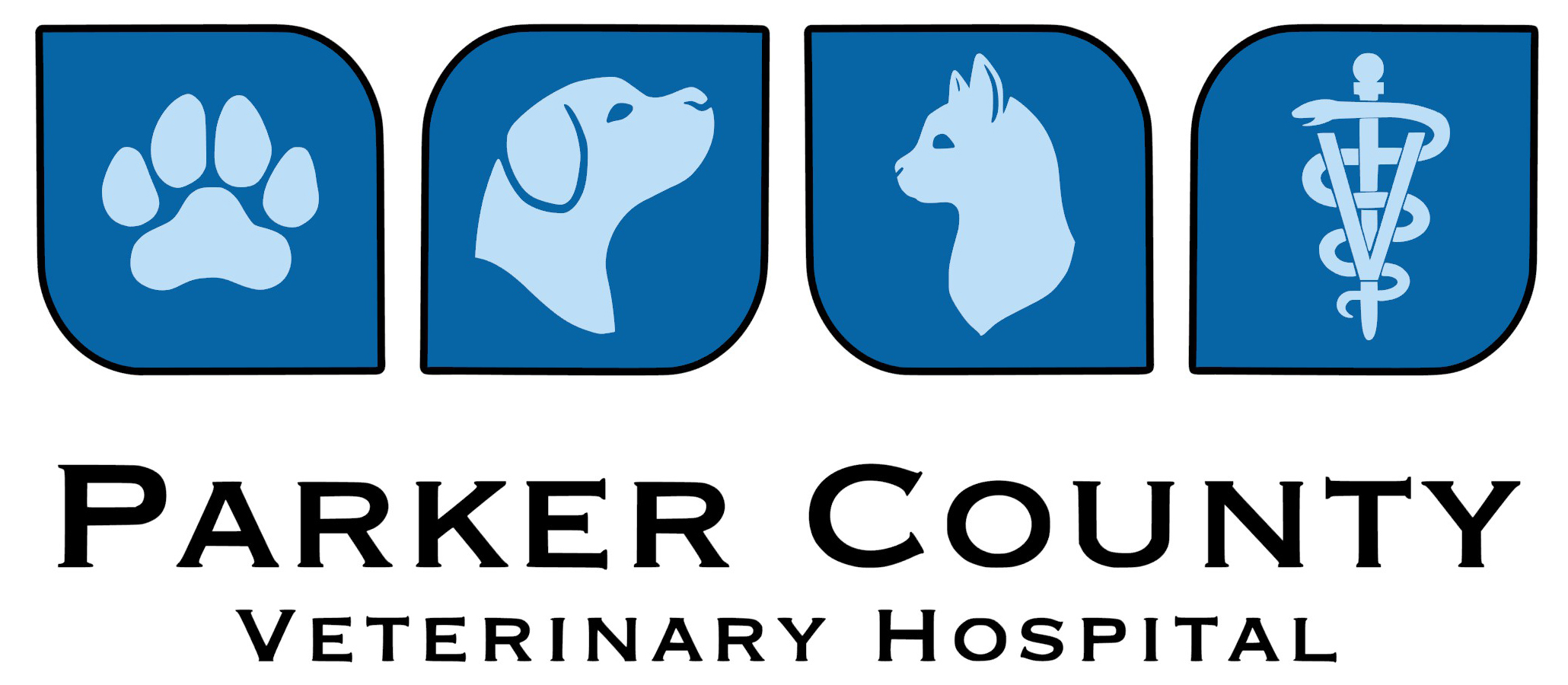This condition is an inherited genetic defect of the cartilage rings and ligament of the trachea. Over the years the ligament that holds the c-shaped cartilage rings in the open postion eventually weakens. The result is a collapsing of the trachea into a flat tube that restricts air being expelled from the lungs. The resulting effort to expell inspired air is a distinctive honking/hacking coughing sound. Because of coughing, the trachea lining becomes irritated and infected with bacteria thus making the cough worse. Some dogs can survive for years and manage nicely but some dogs may progress until the main stem bronchi in the chest collapse also. If this happens the dog will be in immediate danger of dying because it will have suddenly lost 50% of its breathing capacity.
1. Surgical correction by the use of tracheal implants (stents) to hold the trachea open is difficult and expensive. It is also thought that this can possibly lead to hastening the demise of the dog as it can create new air pressure problems on the main stem bronchi in the lungs causing them to collapse sooner rather than later. Choosing a surgical option should only be done after medical management is no longer effective.
Surgeons at the Texas A&M College of Veterinary Medicine can surgically install inert plastic rings around the trachea to hold it open providing better breathing. They are doing this on some stage 2 and most stage 3 and 4 patients. The patient has to travel to College Station for the workup and surgery at the vet school. The initial work up is $700 to $1100(2009 quote) without surgery (not all collapsing tracheas presented require surgery) and if surgery is performed the entire total is between $2500 to $3000(2009 quote). Best results are achieved if the surgery is done prior to 6 yrs of age, but surgery can and does help all ages of collapsing trachea patients. While there are significant risk associated with this surgery, it should be considered when it becomes apparent that medical management is no longer keeping the patient comfortable. If you would like to at least make and appointment to have them evaluate your dog, please call my office to set up the referral process.
2. Control of bacterial irriation by the use of antibiotics (Baytril or Zeniquin is best). Antibiotic should be given for 10-14 days at a time and may be needed 3-4 times a year or more. Codiene will block the cough and the dose should be increased from 1/4 to 1/2 tablet only if needed. Your dog will be drunk from this medication for the first few days but that should wear off as they become tolerant. Both Vicodin and Norco have acetominophen in them but the level is considered too low to be of concern at the doses we would be using.
3. Weight management will reduce the symptoms and problems. If the dog weighs less then there is less strain on the lungs and less need for air. Weight reduction is the most effective treatment of all.
4. Coughing can usually be controlled through the use of hydrocodone (codine) tablets. These are available under the brand name of Vicodin or Norco (1/4 to 1/2 tab twice a day as needed) and will make the coughing medically manageable in most cases.
5. Keeping the teeth clean is very important to reduce bacteria in the mouth and trachea. Dental cleanings under light anesthesia can be done in most cases.
6. Hypothyroidism and other congenital defects of the heart and skeletal system are more frequent in Collapsing trachea patients and all should be screened for these potential problems.
